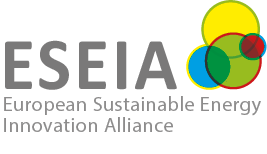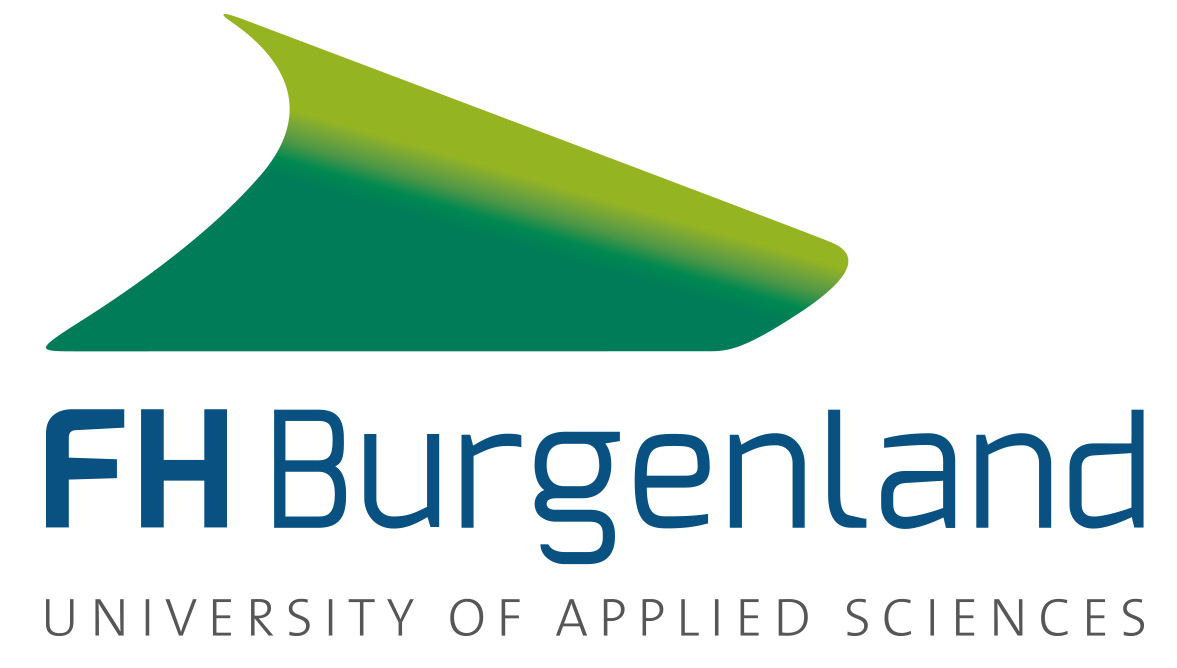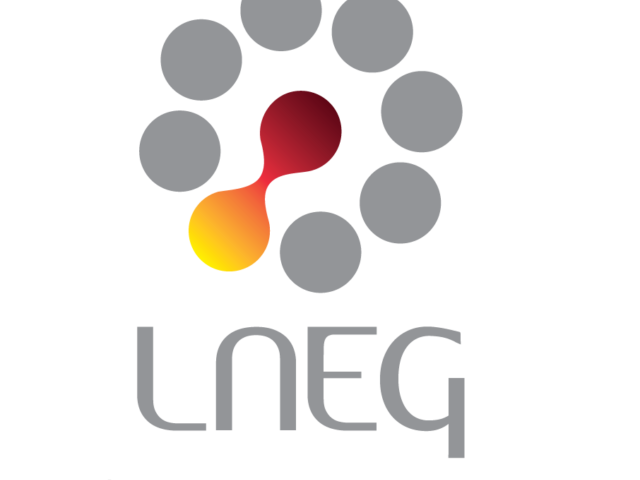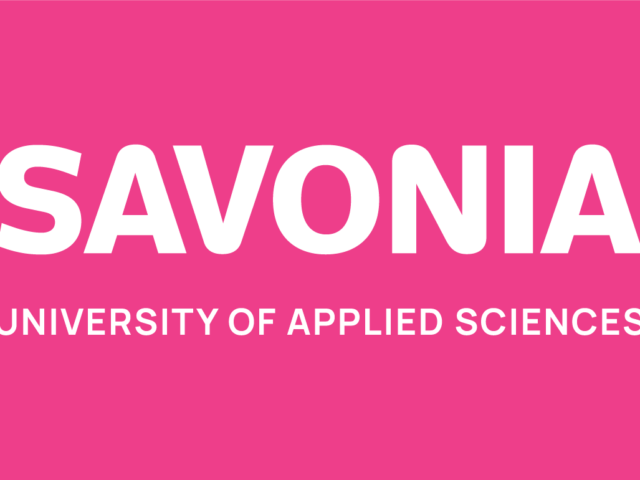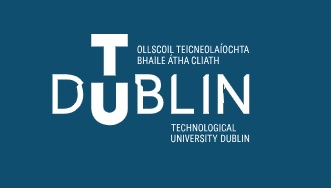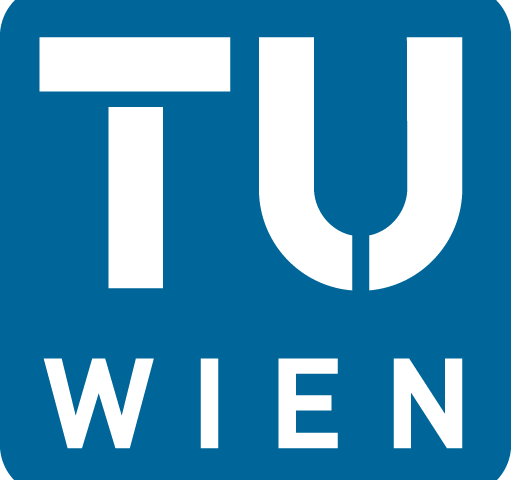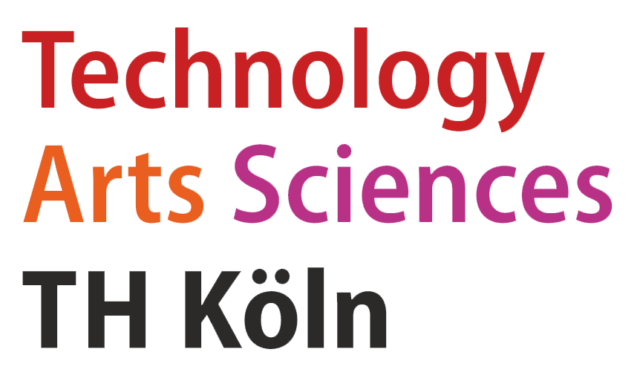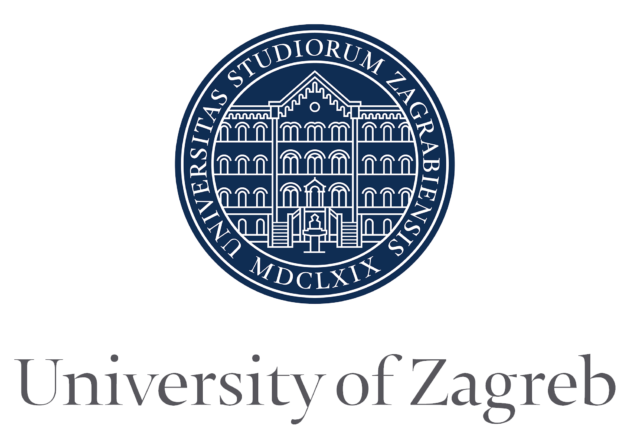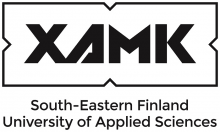MEMBER ORGANISATIONS
ADENE is the Portuguese Energy Agency whose mission is to develop activities of public interest in the areas of energy and water efficiency, and efficient mobility.
View moreBergischer Abfallwirtschaftsverband is a public corporation within the North Rhine-Westphalia of Germany and operator of the landfill Leppe. In the framework of the Metabolon project BAV and the University of Applied Sciences Cologne developed the landfill site into a waste to energy centre of competences.
View moreThe Cyprus Institute helps foster the development of a knowledge-based economy in Cyprus through cutting edge scientific research and education that has regional as well as international significance.
View moreEnergie Steiermark AG, based in Graz, is the fourth largest energy and service company in Austria. The company produces energy from wind, water, sun, and biomass. It distributes electricity, gas, and heat, and trades energy. It establishes and keeps up the grid and offers innovative energy services in Styria.
View moreForward-looking control concepts for modern buildings, intelligent networked energy systems and security solutions for information technologies are examples for research at University of Applied Sciences Burgenland in cooperation with its subsidiary Research Burgenland, which operates 3 research centres in which trends and new research concepts are developed and refined: Centre…
View moreTyndall National Institute in Ireland has a big expertise in the field of sustainable energy systems, energy materials and in energy policy amongst other areas. Tyndall National Institute has been involved in many EU projects also as a coordinator such as Speedier project, Ministor and Pantera.
View moreJožef Stefan Institute is the leading national research organization for basic and applied research in natural sciences and technology. JSI covers the fields of efficient energy use, long term planning in energy and for the reduction of greenhouse gases emissions and air pollutants.
View moreKarelia UAS has long experience in community renewable energy development in northern peripheral regions, including both technological and business model design. Within the context of eseia, its specific expertise is in sustainable energy and bioeconomy, including distributed renewable energy systems, energy efficiency, low carbon / wood construction and forestry.
View moreThe National Laboratory of Energy and Geology (LNEG) is a Portuguese government research laboratory for energy and geology. LNEG provides research and innovation for solutions relating to a carbon free Europe.
View moreSavonia University of Applied Science with its Varkaus campus Energy Research Centre, is an integral part of Finland’s largest and internationally recognised energy cluster focusing on environmental friendly combustion and energy production technologies.
View moreTU Dublin works in many fields of renewable energy innovation research and education. TU Dublin delivers Ireland‘s main Master’s Programme in Sustainable Development, with related programmes in Energy, Spatial Development, and Environmental Health.
View moreWith 3,500 staff and 13,000 students Graz University of Technology has achieved excellence in the areas of the built environment and energy infrastructure, sustainable mobility as well as ecological and societal research linked to innovative energy systems.
View moreVienna University of Technology is Austria’s largest scientific technical research and educational institution, developing scientific excellence and wide-ranging competence. Its research focus point ‘Energy and Environment’ comprises more than 80 research groups from all eight faculties and pursues a technologically and interdisciplinary approach, providing integrated solutions.
View moreUniversity of Graz offers a Joint Degree in Sustainable Development. KFUG is also known for coordinating Sustainability4U, a lecture series of all Graz based HEIs. In sustainability research KFUG hosts a Christian Doppler Lab for Sustainable Product Management for a Circular Economy.
View moreUniversity of Applied Sciences-TH Cologne sees itself as University of Technology, Arts and Sciences. With its trans-disciplinary and cultural diversity and openness, TH Köln’s activities are aimed at cultural and technological breakthroughs of high societal relevance.
View moreWith 29 Faculties University of Zagreb is the flagship educational institution in the country and region, a place where more than 4,000 researchers and 70,000 students develop knowledge and acquire skills. Both faculties FSB and FTB are most active in eseia.
View moreUTBv – Transilvania University of Braşov was founded in 1940 and is one of the largest universities in Romania, counting 15 faculties. It is known for its High Tech Energy Campus. The focus both in teaching and research is on sustainable systems in communities.
View moreUniversity of Twente in Enschede is an entrepreneurial research university. It was founded in 1961 and offers education and research in areas ranging from public policy studies and applied physics to biomedical technology. The University is committed to making an economic and social contribution to the region of the Netherlands where it is based.
View moreVilnius Gediminas Technical University (VGTU) includes eight faculties. The university is a member of the Lithuanian Green Building Council which regroups industrial partners on the topic of smart sustainable buildings. Among others, VGTU research also covers sustainable mobility systems.
View moreSouth-Eastern Finland University of Applied Sciences (XAMK) has 1000 staff members and 12000 students. The focus areas of XAMK UAS are Digital Economy, Forest, the Environment and Energy, sustainable well-being, Logistics and Marine Technology & Transport and Creative Industries.
View more